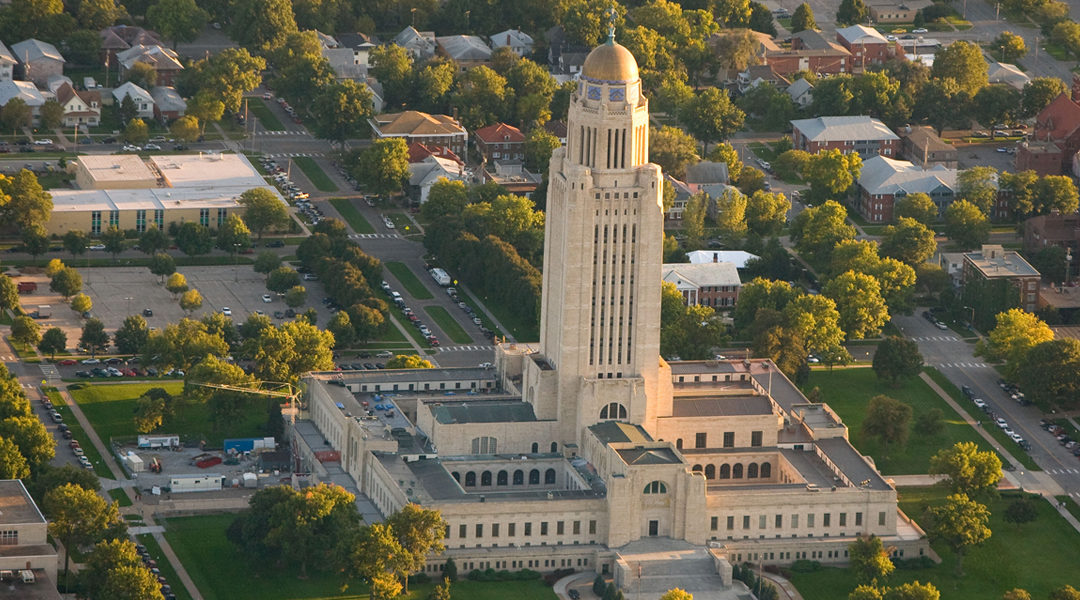Seven Days in May (eight technically, but who’s counting).
Tuesday marks the 79th day of what had been scheduled as a 90-day session of the Legislature. Things changed when Speaker Hilgers announced May 27 as the target adjournment. That could change by a day, but the end is in sight. The early adjournment is technically four meeting days earlier than initially planned, but it is actually two calendar weeks before the original June 10 date.
There is still a lot to accomplish. There are over 100 measures that are on Final Reading or soon will be. This includes Chamber priorities such as LB 18 (making vital changes to ImagiNE Nebraska), LB 156 (the Municipal Inland Port Authority Act), LB 387 (fully exempting military retirement pay from state taxation), LB 682 (extending and expanding the New Markets Job Growth and Investment Act), and LB 432 (which among other things would lower Nebraska’s corporate tax rate for the first time since 1986!).
In the remaining days, particularly this week, days are expected to be long. In the last two weeks, daily adjournments have ranged from 6:00, 8:00, and 10:00 p.m. Thirteen-hour sessions do allow for senators to debate a significant number of bills, but it is also wearing on them, their staff, and, well, Chamber Public Policy staff. (All are due for some major beauty sleep time.)
There will likely be something of a lull in daily activities as the session wanes, as time has been built in for senators to react to any vetoes the Governor might issue. But there could also be substantial debate on bills in earlier stages of consideration, as another aim as is setting the table for January, when senators return for a scheduled 60-day session. 2022 is projected to see rigorous discussion of issues such as comprehensive tax system reform. The 2021 session has had a number of long debates on property tax relief, ideas such the “consumption tax,” which would turn Nebraska’s state and local tax structures on end, and traditional proposals to lower sales and income tax rates, but a broader deliberation is ongoing.
Throughout this often extended debate, there have been only six true filibusters that required cloture votes to end. (Only two cloture votes were successful.)
May 27 does not mean the end of the year’s legislative activity. The interim will include numerous studies and committee hearings (again, setting the stage for 2022). There will also be a special session, likely in September, to redraw congressional, legislative, and other districts following the census. This is usually done during the regular session but has been delayed by holdups in the release of population figures by the US Census Bureau.
This is going to be an interesting week. Stay tuned.

